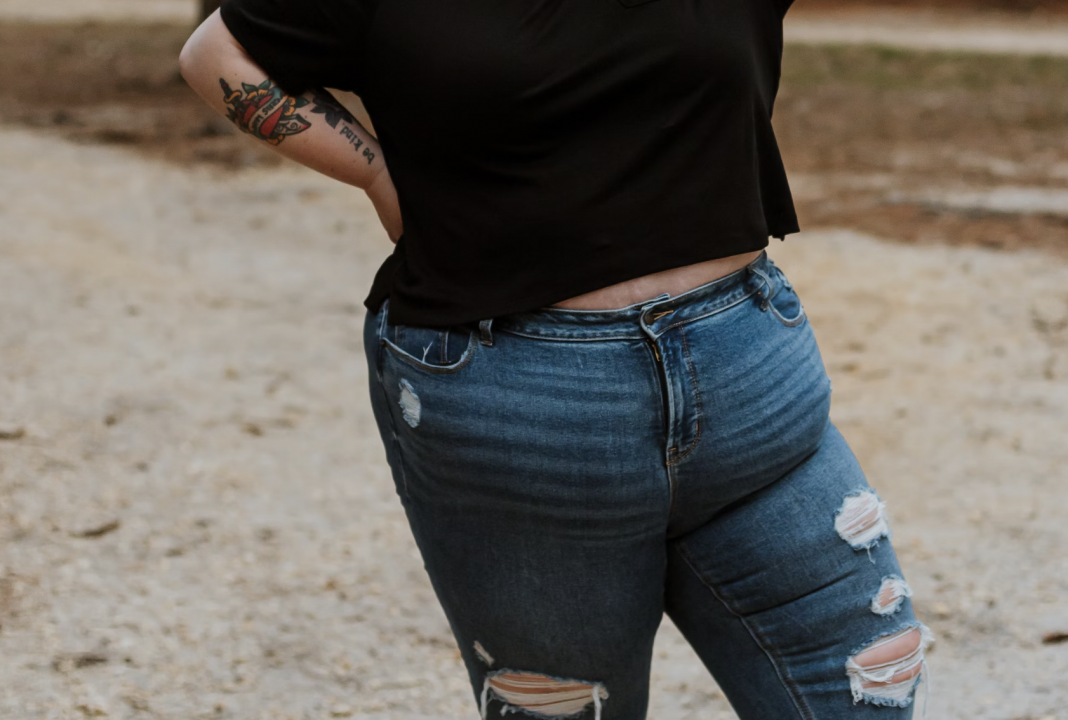There are phrases that are offensive and then there are phrases which are so commonly used that we don’t even perceive them as such. Fat shaming phrases commonly fall in this category. Things like “I need to lose some weight.” “I hate how my thighs look” have become so normal that we no longer think of it as body shaming.
“Body shaming talk is so normalized in our culture. It’s so entrenched in everyday conversation, you may even find it difficult to not engage in it,” said Shrein Bahrami, a licensed marriage and family therapist and eating disorder specialist in San Francisco.
Feeling Fat and Fat Shaming
“When people say, ‘ugh’ I feel so fat today, it reinforces the idea to fat individuals that the body that they live in is fundamentally wrong. Plus it’s not a very accurate way to describe how you’re feeling, “Fat is not an actual feeling or emotion,” said Bahrami.
“This phrase implies that fatness is in opposition to beauty. It’s stigmatizing to larger bodies and can negatively affect one’s body image (regardless of what size or shape body they live in) by reinforcing that there are certain types of bodies that are beautiful and certain ones that are not.
“It’s possible to be fat and beautiful. In fact the two things are very different. The amount of fat on a person’s body is objective and measurable – although it’s not something you need to measure – whereas beauty is subjective, and each person’s perception of beauty is different.
“There no denying that many people are uncomfortable with fatness and being fat, thanks to the fact that we live in a culture that glorifies thinness, but saying, “you’re not fat, you’re beautiful” just reinforces the false idea that fatness is something to avoid at all costs.”
You look amazing, have you lost weight
“Commenting that someone ‘look amazing after what you may perceive as them losing weight is very damaging, but unfortunately so normalized in our culture. Unbeknownst to you, this person may be struggling with an eating disorder, illness or severe stress that has limited their appetite.
“A comment like this promotes the stigmatizing and inaccurate belief that being thin is superior to having a larger body,” Bahrami says.
It’s best not to comment on someone’s weight or body size at all is the right way to go. That is fat shaming.
I’m going to be naughty and have some ice-cream/chocolate/cupcake (whatever perceived unhealthy food)
Canadian health expert Sarah Glinski RD says, “This is rooted in fat phobia, because foods deemed ‘bad’ by diet culture are often associated with fatness. This phrase is problematic because it moralizes food – in other words, it makes it seem like you’re a ‘good person for eating healthy foods, and a bad person for eating unhealthy foods. And by extension, it implies that it’s good to be thin and bad to be fat.
Glinski advises people to change their mindset about good and bad foods and not to berate yourself for choosing a particular type of food. Do not use fat shaming to tease your friends or colleagues.
Read More News
Travis Scott leaves suggestive comment on ex Kylie Jenner’s social media
Photo above is from Unsplash

